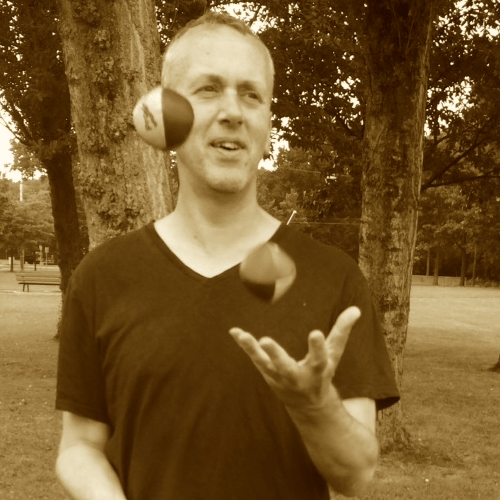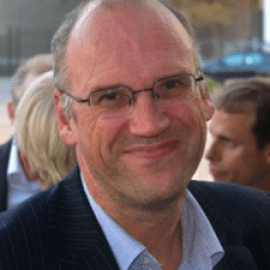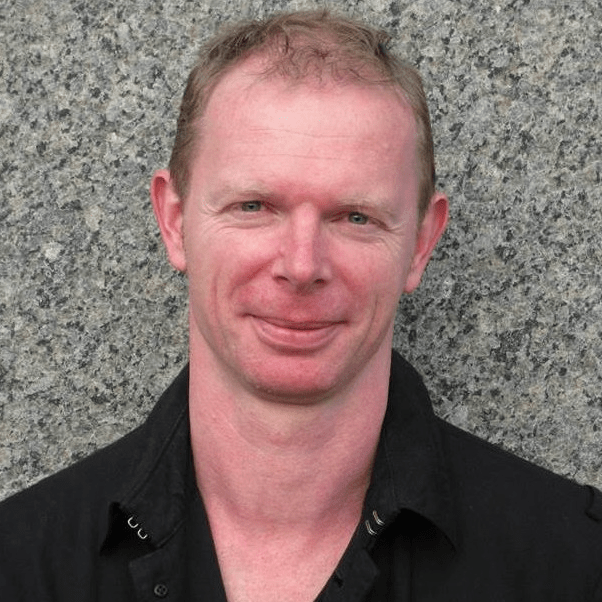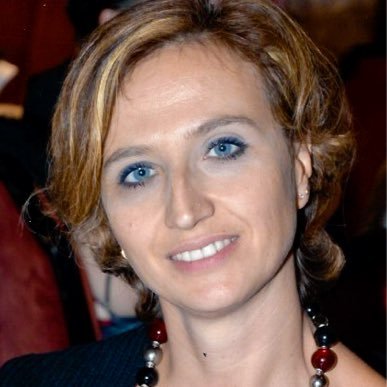John Stins

Vrije Universiteit Amsterdam
room D-631
Ever since my PhD, which I obtained in 1998, I am fascinated by how environmental stimuli are processed and coupled to motor control. My earlier scientific work focused on manual actions such as reaching and grasping, and how they are coordinated in space and time. In my current work I focus on balance control, and I ask how psychological states such as emotion, arousal, and cognition, perturb or support the regulation of balance. In addition, I ask how these processes are affected by various psychopathologies, such as autism and anxiety.Influences of emotion on balance
Charles Darwin recognized that emotions have clear communicative and behavioral characteristics, such as preparing the body for fight or flight. These innate tendencies manifest themselves in postural changes, such as ‘freeze’ and ‘avoidance’. Using recordings of the body center of pressure, PhD-student Daniëlle Bouman and I study how static balance and the initiation of gait are influenced by affective states, induced by pictorial stimuli.
Embodiment
One of the tenets of the embodied cognition theory is that mental states are grounded in the physical body, which can manifest itself as reciprocity between mental states and bodily states. Motivated by this approach, I performed various experiments on how mental activity (e.g., language processing) is reflected in changes in motor activity. I also study how bodily states affect perceptual judgments of geometric properties of the environment.
Personal news…
News | There’s no theorem like Bayes’ theorem
May, 2018I recently developed an interest in Bayesian statistics, or more specifically, Bayesian hypothesis testing. One of the the cool things about the Bayesian approach is that it allows us to accept the null hypothesis…News | New publication
May, 2018I am very excited that the paper which I co-authored with Daniëlle Bouman has now appeared in the journal Human Movement Science…
Corporate news…
- There are currently no news available
Research…
Arousal & Balance
Emotion influences parameters of goal-directed whole-body movements in several ways. Approaching (moving toward) pleasant stimuli is easier compared to approaching unpleasant stimuli. However, when emotional pictures are viewed for a longer time, approaching unpleasant stimuli may in fact be facilitated.Embodied cognition and motor control
One of the tenets of the embodied cognition theory is that mental states are grounded in the physical body, which can manifest itself as reciprocity between mental states and bodily states.Environmental Interactions
The spatio-temporal organization of human movement always takes place within a specific psychological context. Actors may be in various mental states, and these states will likely affect the way basic movements are organized and controlled.
Network…
- No activities at the moment.





